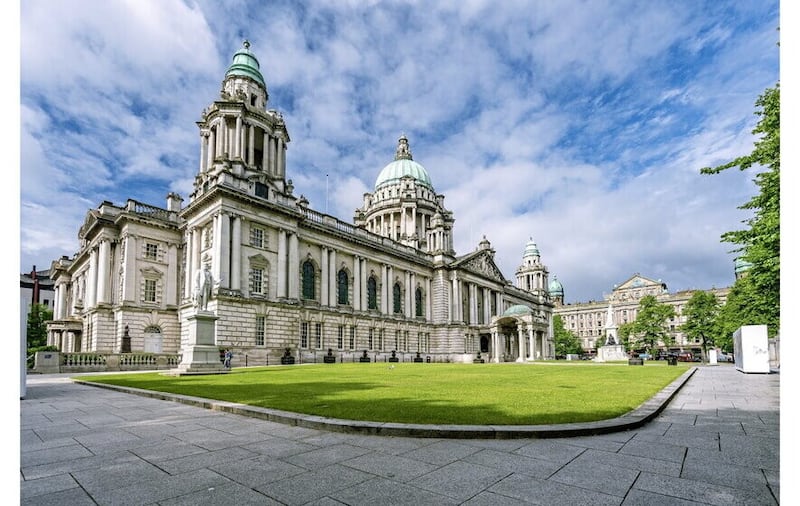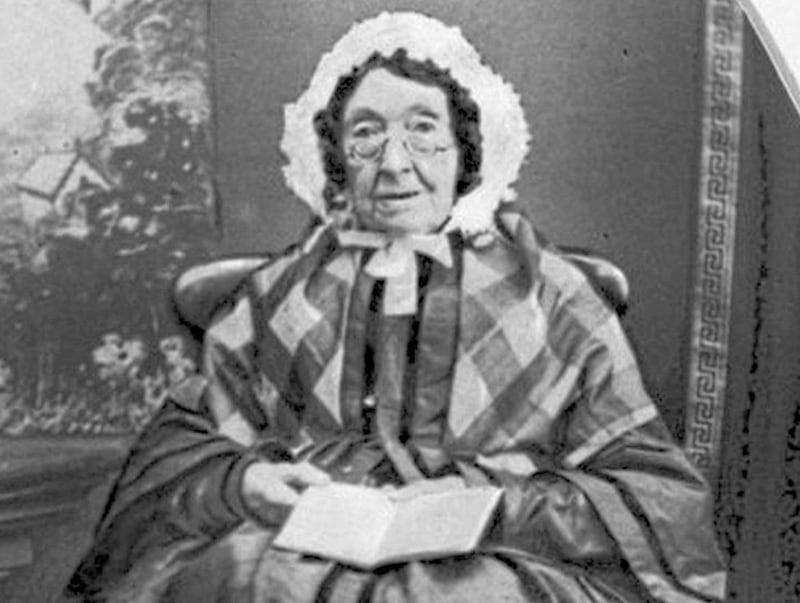Statues of two historical female icons of Irish nationalism are to be erected in the grounds of Belfast City Hall on International Women’s Day.
Belfast City Council has announced events to mark the installations of the statues of Winifred Carney and Mary Ann McCracken on Friday March 8.
Winifred Carney, who died in 1943, was a suffragist, trade unionist, and Irish republican, who was born in Bangor but raised on the Falls Road.
She was in charge of the women’s section of the Irish Workers Textile Union before becoming a friend and personal secretary to James Connolly.

Together they both worked for conditions of factory women in Belfast, and later Carney joined Cumann Na mBan, the women’s auxiliary of the Irish Volunteers. She was present with Connolly at the General Post Office during the Easter Rising in Dublin in 1916.
She stood for parliament as a Sinn Féin candidate for Belfast Victoria in the 1918 General Election and later was a member of the Labour Party and the Belfast Socialist Party. In 1928 she married George McBride, a Protestant Orangeman, socialist, and former member of the Ulster Volunteers.
Mary Ann McCracken meanwhile, was a Belfast-born businesswoman, social reformer, anti-slavery campaigner, and supporter of the United Irishmen, who lived from 1770 to 1866 and was born into a liberal Presbyterian family of Scottish and French Huguenot heritage.

She managed a successful muslin business, led the Women’s Abolitionary Committee in Belfast during the height of the anti slavery movement, formed the Ladies Committee of the Belfast Charitable Movement, and was dedicated to the poor of the city from her youth.
A founding member of the Belfast Harp Society, she was also the sister of Henry Joy McCracken, a founder of the United Irishmen, and took care of his daughter after his execution in 1798.
The statues have been created by artist Ralf Sander, who will speak at the unveiling, which will take place ahead of an evening programme at Belfast City Hall featuring music, poetry and a panel discussion.
Bases for the plinths were installed in the grounds of the building last week. They will be the first memorials added to the grounds since the Operation Banner Memorial in 2013.
A report at the council’s recent Strategic Policy and Resources Committee described “two women, whose contribution to the city, their values, beliefs, and what they strived to achieve throughout their lives still very much resonates with today’s society”.
- Planning approval given for statues of female republican activists at Belfast City HallOpens in new window
- Councillors agree new Belfast City Hall historical statues of iconic nationalist womenOpens in new window
- Call for statue in honour of May Blood to be erected at Belfast City HallOpens in new window
It added: “The two new pieces in City Hall grounds will bring to the fore the issues still faced by our diverse society within the city, stimulating debate and discussion.”
Last year a statue of Frederick Douglass, author, anti-slavery campaigner and early champion of women’s rights, was unveiled in Rosemary Street in the city centre, beside the historic First Presbyterian Church in Rosemary Street where Douglass delivered lectures during his time in Belfast.
Plans are underway for a Belfast Blitz memorial in the City Hall grounds, to be dedicated to the efforts of city firefighters during the Second World War Nazi bombings.
A working group report on the planned memorial states: “Officers attended a meeting in Dublin on 30th January 2024 with a representative of the Fire Brigade Union. In addition, there has been early engagement with a foundry which has provided a very early stage estimate of potential cost for design, manufacture and installation in City Hall.
“A request has also been received to incorporate the Women’s Voluntary Service cap – (these) women were responsible for caring for those who were evacuated and displaced by bombs during the Blitz.”








